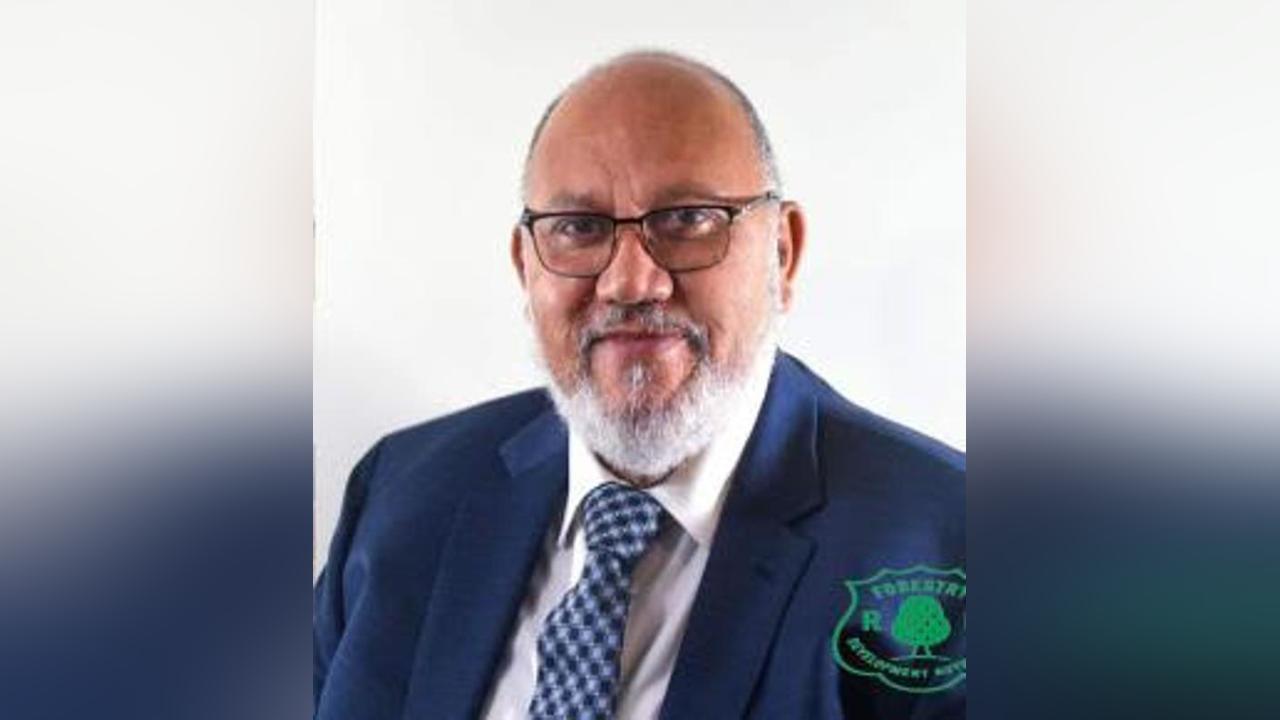Africa-Press – Liberia. In an official release issued by the FDA Managing Director last week, the agency acknowledged the socio-economic and enforcement challenges raised by Rep. Quioh but emphasized that the solution lies in constructive engagement.
The Forestry Development Authority (FDA) has firmly rejected a recent proposal by Representative Thomas Romeo Quioh of Sinoe County District #1 to de-gazette Sapo National Park (SNP), warning that such a move would pose a significant threat to Liberia’s environmental integrity and global conservation reputation.
In an official release issued by the FDA Managing Director last week, the agency acknowledged the socio-economic and enforcement challenges raised by Rep. Quioh but emphasized that the solution lies in constructive engagement, not dismantling Liberia’s largest and most iconic protected rainforest.
“While the challenges in the forest sector are real and require urgent solutions, the FDA firmly opposes any proposal for the partial or full de-gazettement of Sapo National Park,” the release stated.
The agency is calling on Rep. Quioh and all stakeholders to engage in constructive national dialogue aimed at improving park management, strengthening community benefit-sharing, and ensuring that Sapo National Park remains a beacon of sustainable development for “people, planet, and profit.”
This dialogue, the FDA says, will be elevated during the National Forest Forum scheduled for October 2025.
A National Treasure at Risk
Established in 1983, Sapo National Park spans approximately 180,363 hectares (445,677 acres) and stretches across Sinoe, Grand Gedeh, and River Gee counties. It is home to numerous endemics and critically endangered species, many of which are found nowhere else in the world.
“SNP is not just a national treasure—it is a globally recognized biodiversity hotspot, a major carbon sink, and a symbol of Liberia’s environmental leadership,” the FDA release noted, referencing the country’s commitments under the National Forestry Reform Law, the UN Convention on Biological Diversity, and the Paris Agreement.
Degazettement Would Be Irreversible
The FDA warned that removing legal protection from SNP would not only fail to solve issues like poverty and unemployment, but also risk irreversible damage to ecosystems, accelerate deforestation, and erode future economic opportunities linked to conservation, ecotourism, and carbon financing.
“Illegal mining and poaching are enforcement issues—not reasons to dismantle conservation efforts,” the FDA said. “Degazettement would reward illegal activity and set a dangerous precedent.”
The FDA emphasized that short-term gains from mining would lead to long-term environmental losses, including water contamination in the Sinoe River and Popo Creek, loss of biodiversity, and destruction of potential tourism assets.
Ecotourism and Carbon Trading: The Way Forward
With the right investments, the FDA argues that SNP holds untapped potential for ecotourism, which could create legal employment while preserving the park’s ecological integrity.
Liberia is also in the process of finalizing a National Carbon Trading Policy, with SNP poised to become a major contributor. Countries like Guyana, Ghana, and Brazil have attracted hundreds of millions of dollars through carbon finance programs, and Liberia—with over 6.6 million hectares of rainforest—could follow suit.
“SNP stores millions of tons of carbon and is key to Liberia meeting its climate goals under the Paris Agreement,” the FDA added.
Challenges and the Need for Investment
The FDA acknowledged several barriers, including inadequate staffing, poor road infrastructure, and limited tourism access, which continue to hinder SNP’s full potential. Donor-funded projects have provided critical support, but many exclude long-term staffing and operational sustainability.
“We are committed to scaling up staffing, enforcing park boundaries, and implementing livelihood support for surrounding communities,” the FDA said. “Restoration projects, ecotourism expansion, and stronger community engagement are central to our plan.”
Call for Legislative Support and National Unity
The FDA is appealing to the National Legislature to allocate increased funding to SNP’s protection, staffing, and development initiatives as Liberia prepares to tap into global carbon markets.
“Sapo National Park is one of Liberia’s greatest natural assets. Rather than de-gazetting it, we must unite to protect, manage, and benefit from it for generations to come,” the agency concluded.
The FDA reaffirmed its vision of securing sustainable financing, expanding employment opportunities, and ensuring equitable benefit-sharing with communities living near SNP—while preserving one of West Africa’s last remaining tracts of intact rainforest.
For More News And Analysis About Liberia Follow Africa-Press






